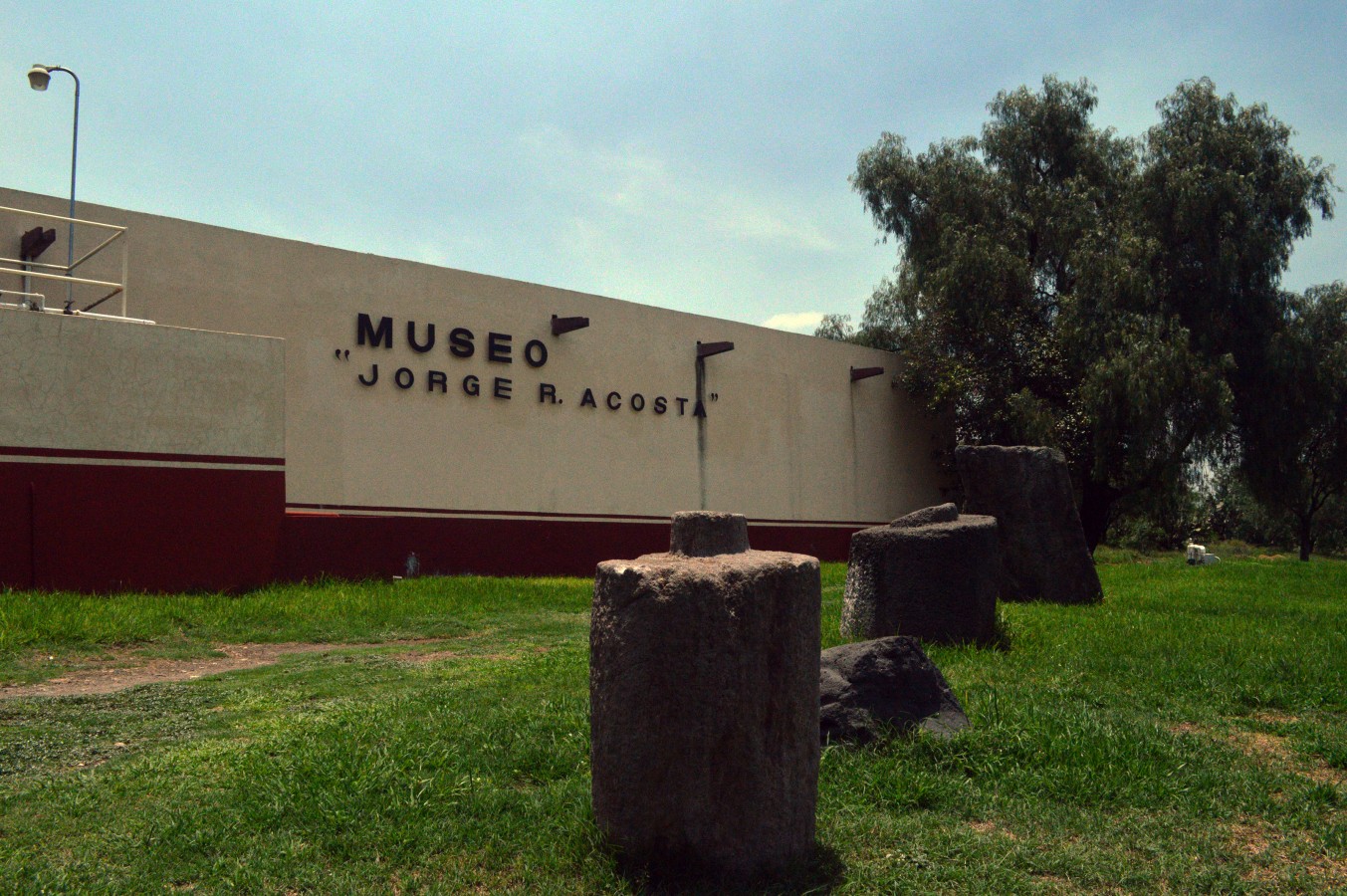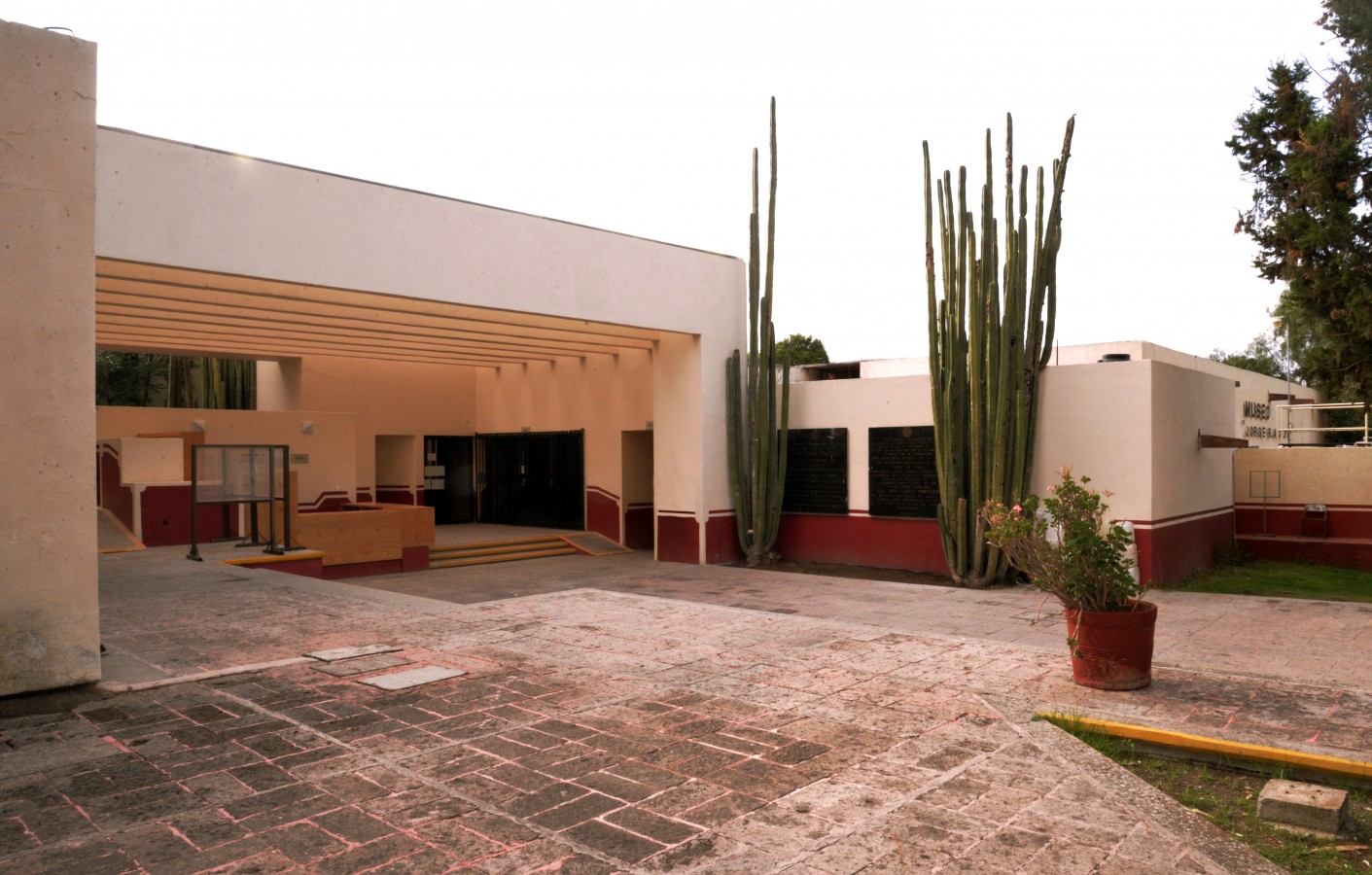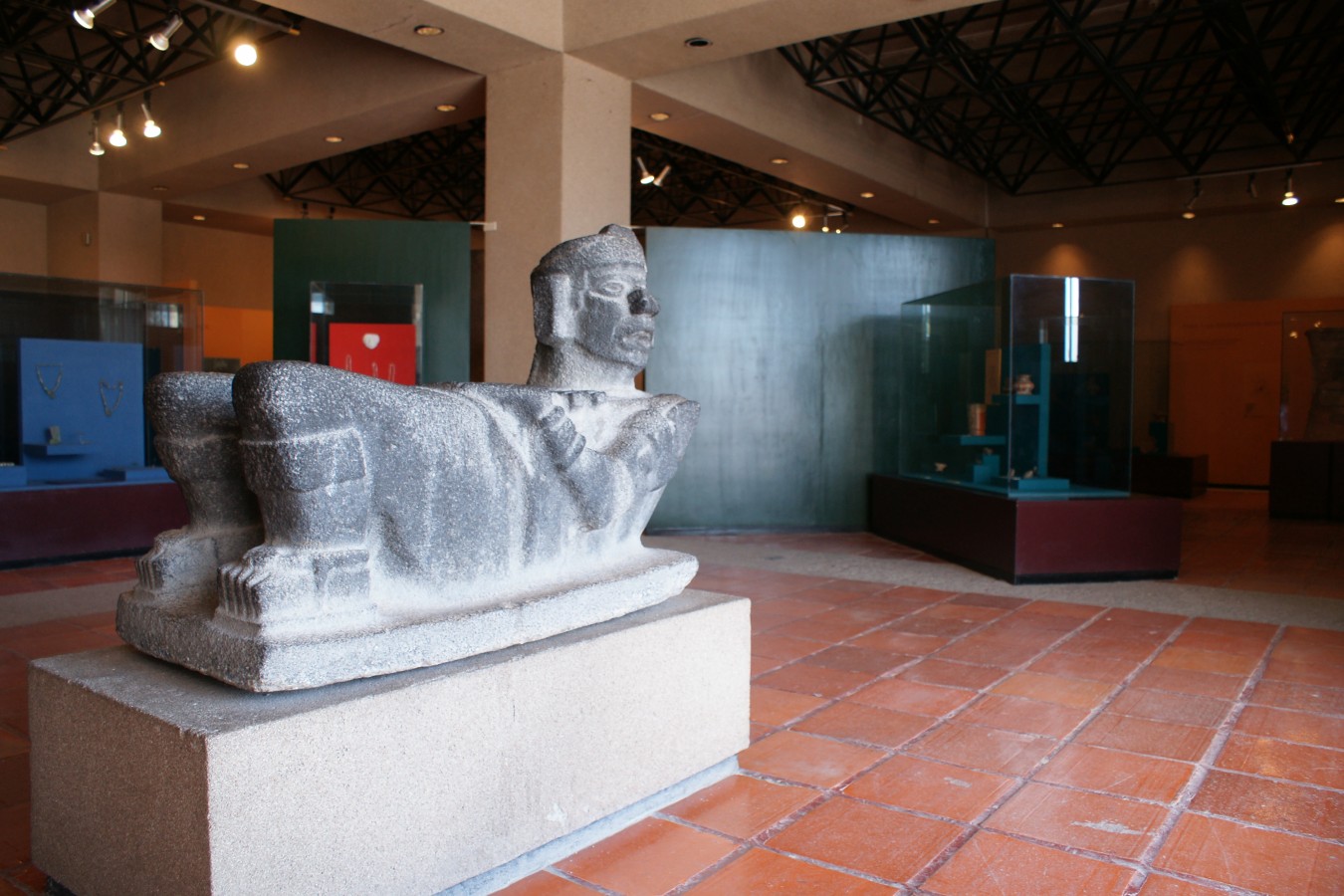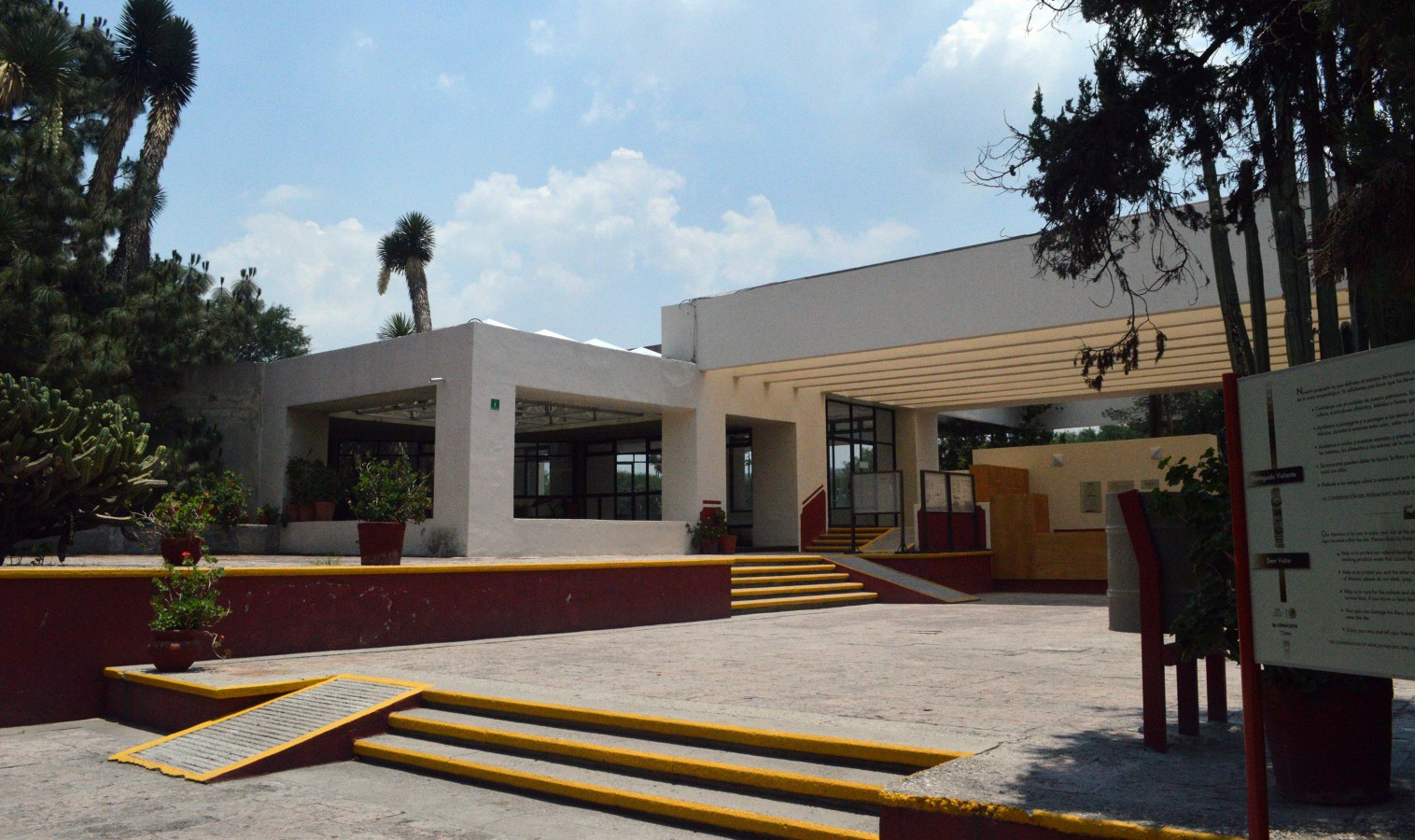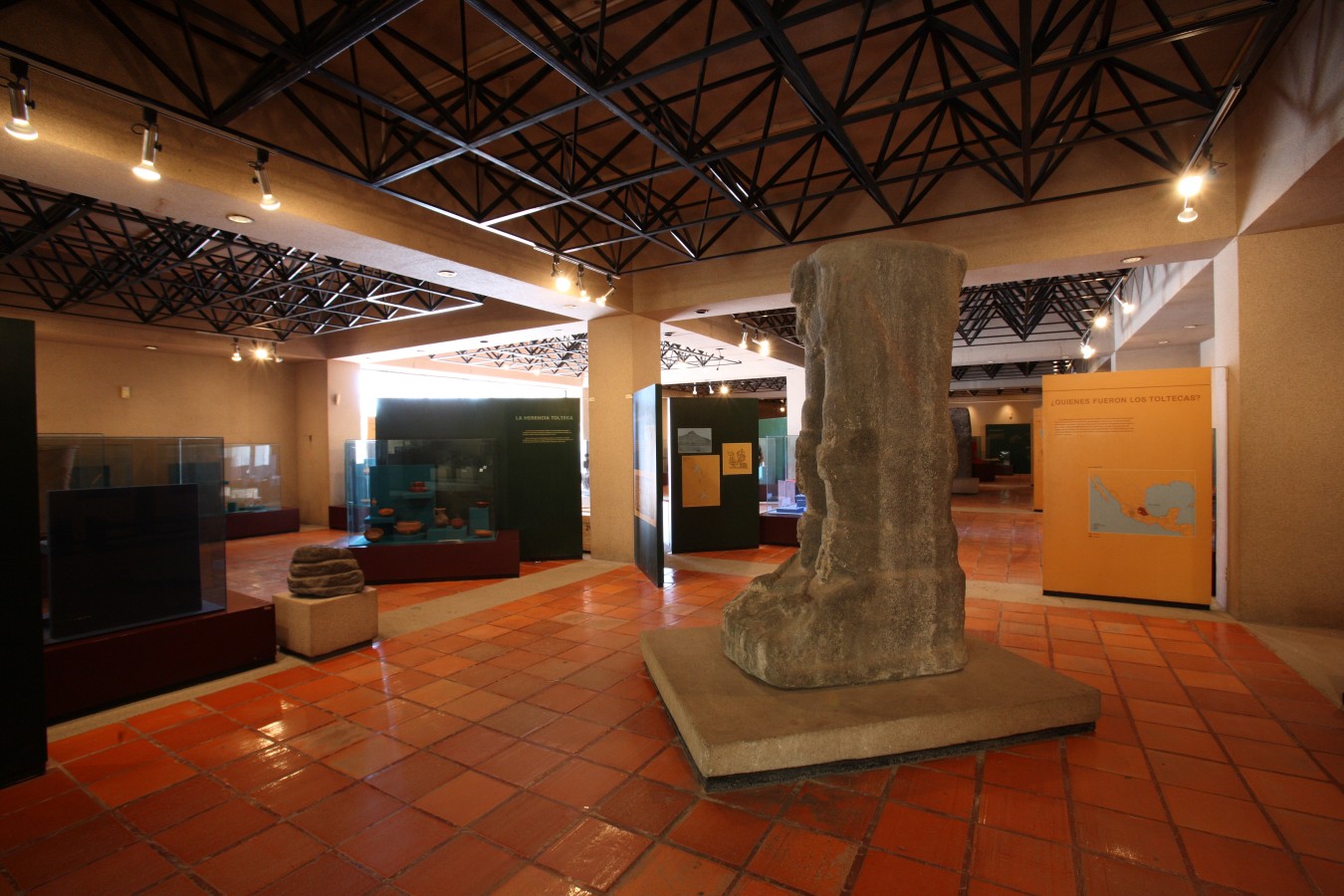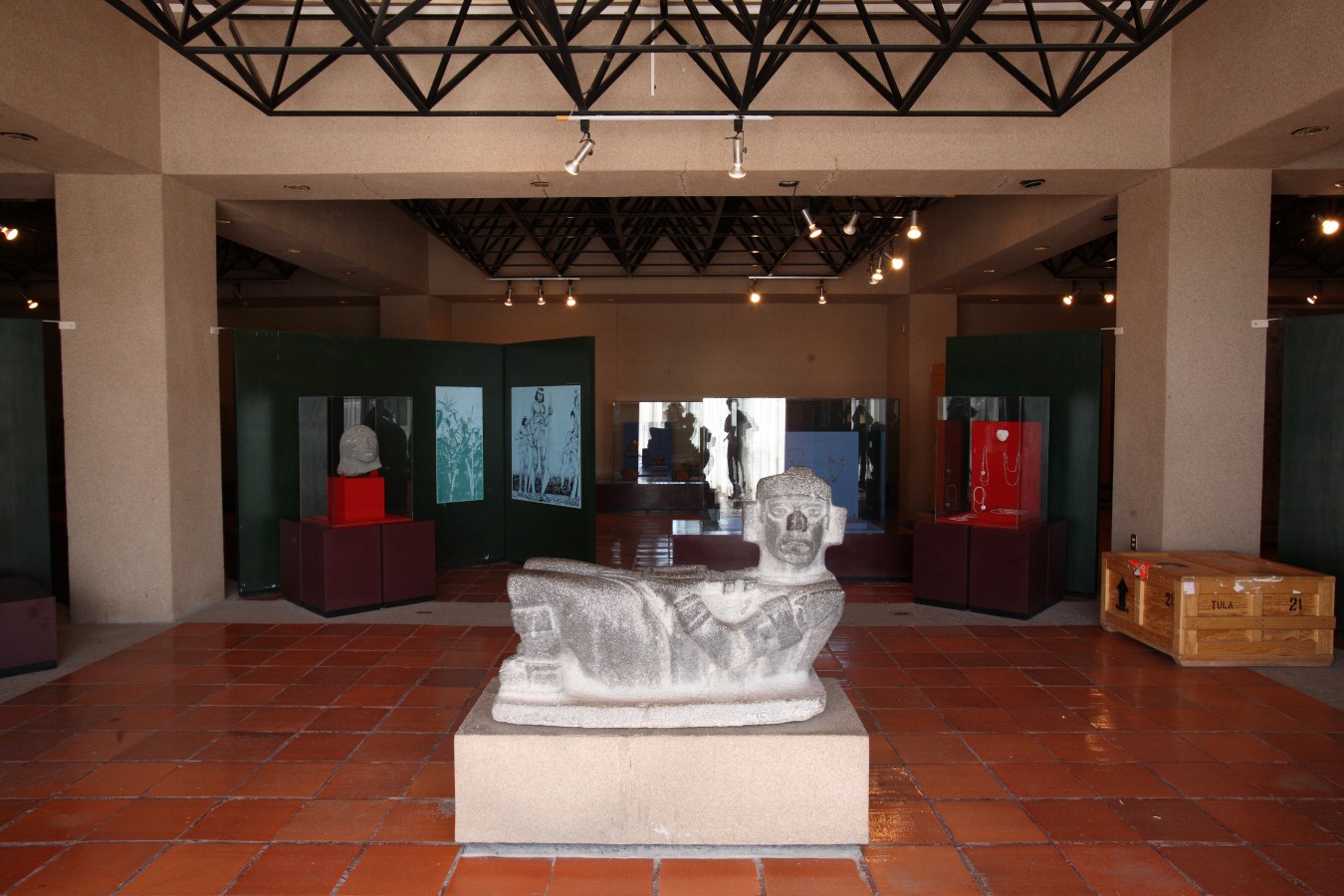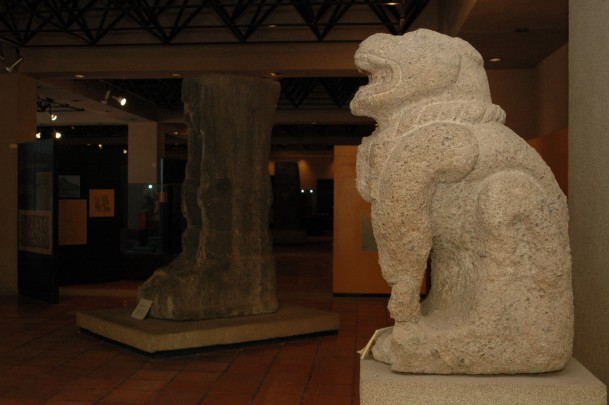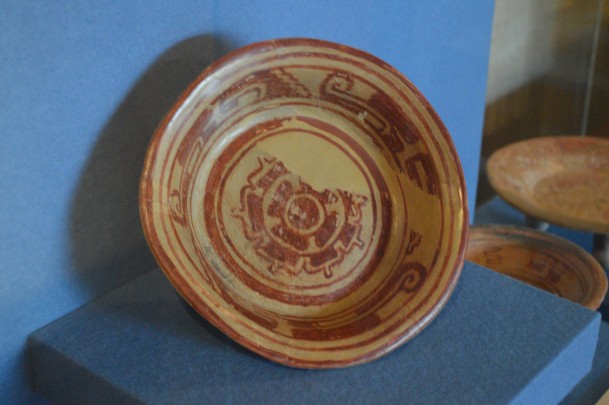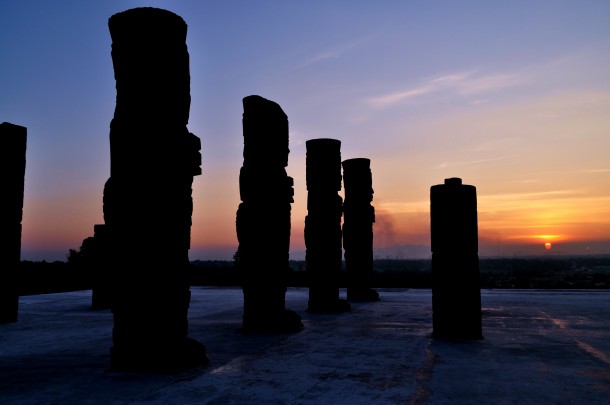Visitors can learn about the explorations—led by Mexican archeologist Jorge R. Acosta—carried out at this important site over a period of approximately 20 years. Opened in November 1982 in its new premises, the design of the single-story building provides a cultural and historical overview of the origin, development, and decline of the Toltecs and the remains of the city of Tollan Xicocotitlan ("place of the reeds near the place—or hill—of the wasps”), through five thematic sections in a U-shaped exhibition layout.
The first section offers a panorama of the city’s location, its extent, and main areas of influence, as well as the stone carving workshops. The second covers the principal ceramic collections discovered in the region, starting with a range of fine vessels from the phase known as the Coyotlatelco (perhaps meaning "where the land is impregnated with snakes"). The third area has displays of stone sculptures, with impressive artifacts including atlantes, pillars, Chac Mools, stelae, anthropomorphic and zoomorphic altar holders and flag holders, column plinths, headstones, crenels, bench moldings, offering cases and anthropomorphic and zoomorphic figures. The fourth area is focused on the gods and residential quarters that have been excavated. Finally, in the fifth section, we can appreciate various aspects related to the ceramic and stone carving workshops, with references also to the Aztec occupation discovered by Jorge R. Acosta when working on the Toltec ruins.
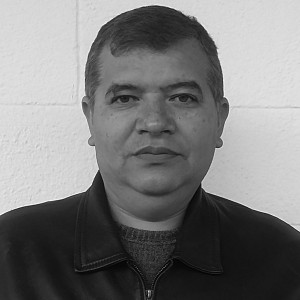
Colonia El Salitre, C.P. 42900,
Tula de Allende, Hidalgo, México.
From Mexico City, take federal highway 57 to Querétaro; then take the exit to the east (on the right) along the M4OD toll road (continuation of 15D coming from Guadalajara) towards San Martín Texmelucan to reach Tula de Allende. The archeological zone is in the Tula Park.
-
+52 (773) 100 36 54

